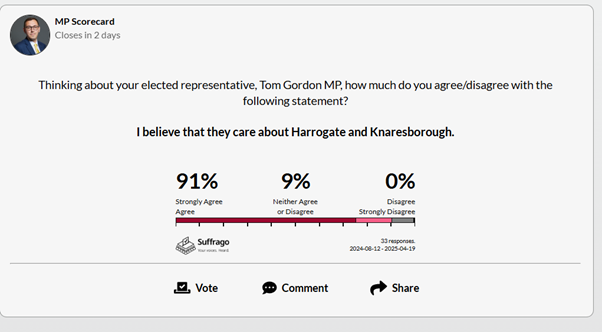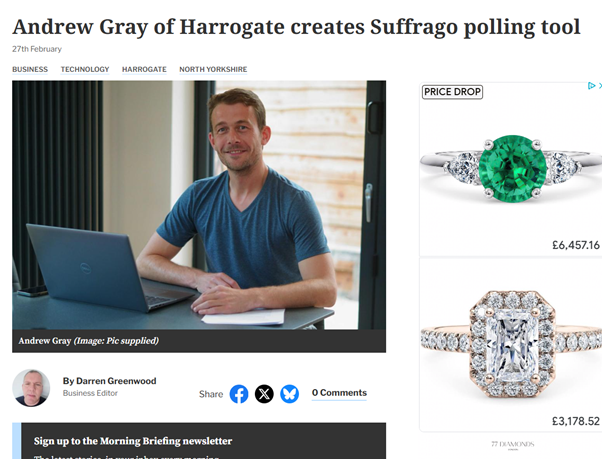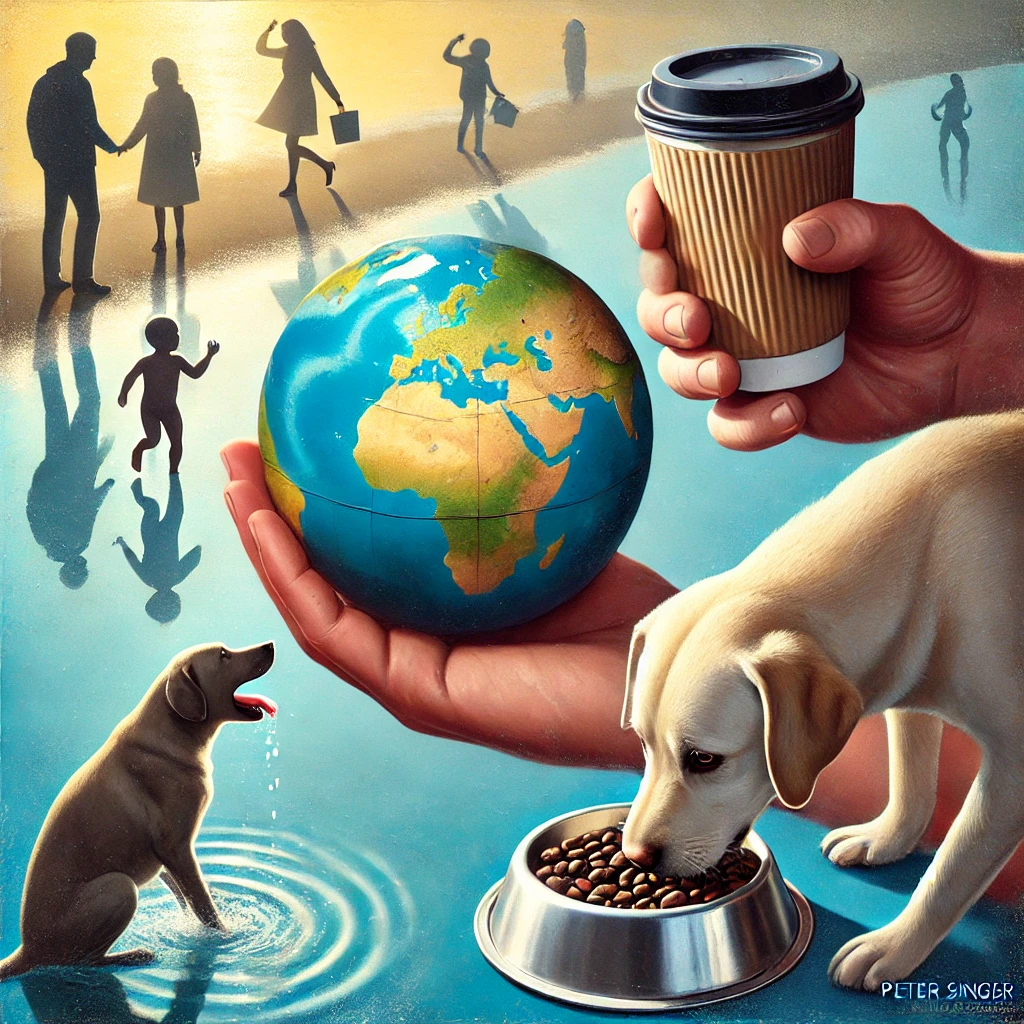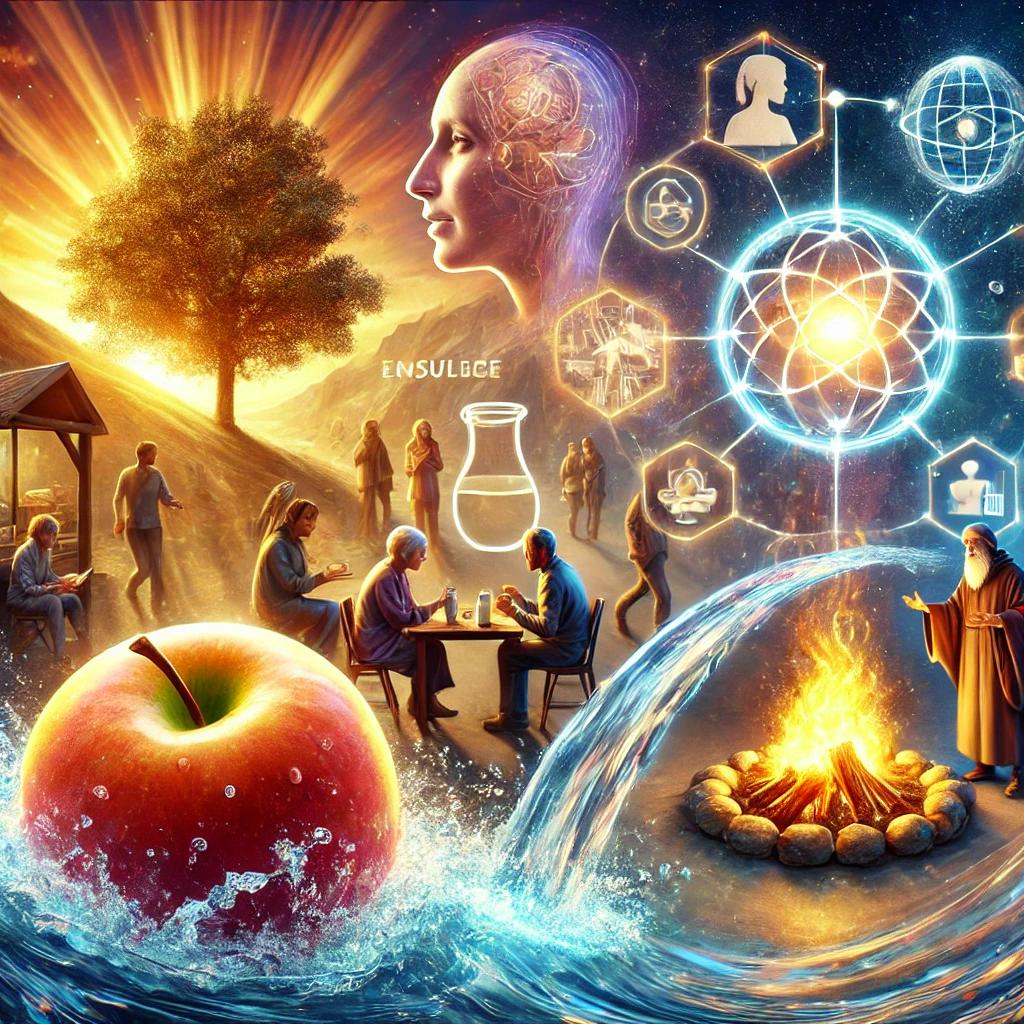Shhh…. I have a secret. Promise not to tell?
Last night, I forgot about the NHS clap. I know, I feel dreadful about it. As the clattering – and why was there clattering? – commenced on the dot, I was luxuriating in a hot, deep, bubbled bath. (In my defence, I had been working or looking after the children since 6 am).
I don’t know about you, but I am always impressed with and grateful for, hot water. Perhaps my relish stems from my backpacking adventures, staying in some of the grottiest South East Asian hostels, always without hot water. When hot water arrives – each time – my mind is blown when I consider that out of all human beings to have inhabited this dying planet, I have always been spoiled with plentiful of the warm stuff.
But it isn’t just with hot water that you and I have been blessed. Most of us have enjoyed limitless food and a never-ending supply of all forms of energy. Julius Caesar would envy us.
If we are really honest with ourselves – really candid – we have known, deep down, that our callous, unthinking use of the world’s resources was going to bring a day of reckoning. Just as a puppy sheep dog intuitively knows that it must do something when it sees a sheep for the first time, humans know that we reap what we sow. Our actions have consequences.
I also believe that, deep down, most of us knew that perpetual economic growth, the obsession with ever-increasing GDP, and the expanding population of the planet, had to end, either through our own deliberate actions, or forced upon us by nature.
These last six weeks, unless you have been on the frontline, or if you were unlucky enough to live in a high-rise flat, like many people I have enjoyed the unusually delicious weather, intermingling with nature as much as possible. Delightfully, no longer can I hear the hum of the roads. And unless my mind is playing tricks on me, nature seems more pronounced, bolder than she was six weeks ago. The birds are cheekier, but there are far fewer insects than I can recall.
In the last few days, oil prices in the United States had a negative value. Now that’s a sentence I couldn’t have imagined writing. Oil – let’s think about it – is so cheap, due to the dramatic drop in demand, that the producers pay other companies to hold the oil. The black gold – cause of so many wars and manmade climate change – has negative value. A cause for planetary celebration?
Quite clearly, I would not wish this pandemic on the planet. In the last 24 hours, the death toll in the UK is at least the equivalent of three Lockerbies. Terrifying, traumatic. This opportunity, though, for the world to recuperate, to breathe, is welcome. The good outcomes, set against the ghastly.
This new world reminded me of the controversial English economist, Thomas Malthus, a population expert. In 1798, he famously wrote: “Famine seems to be the last, the most dreadful resource of nature.” I.e. nature’s in-built brakes control the human population (largely, this has been disproved). I do not claim that nature conspired to send us Covid, nor that a supernatural being sent us this plague to teach us a thing or two. But it does seem pertinent to draw parallels with what Malthus wrote, though flawed, with the impact of coronavirus.
Are we in the developed world at peak economic development? Will we fly as much after this? Will we work as hard?
I mourn the dead. I mourn the collapse of businesses, leaving millions out of work. I mourn the increase in domestic violence. And I mourn so many of the other Covid-caused horror stories.
My hope –though not my expectation – is that for those of us who have had time to think, about the world we want to inhabit, that we come out of our imposed hibernation determined to seek balance with our environment.
I can do no better than quote Jonas Salk, an expert in viruses.
“If all the insects were to disappear from the earth, within 50 years all life on earth would end. If all human beings disappeared from the earth, within 50 years all forms of life would flourish.”
The Covid crisis blurs into insignificance when compared to environmental collapse.









